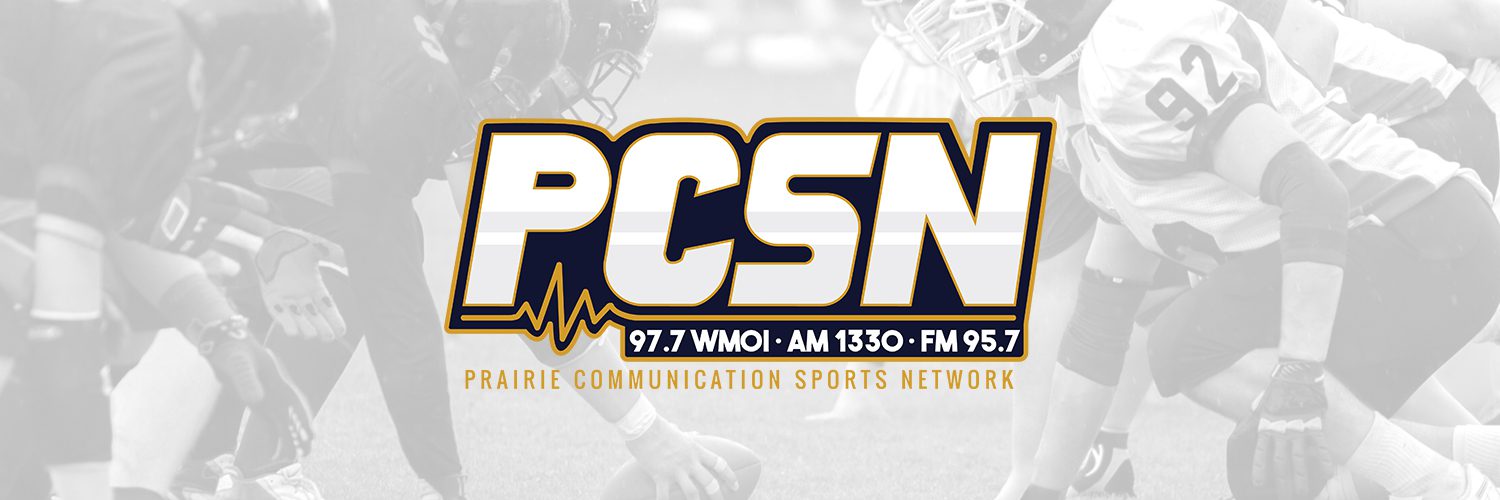By Thomas Best
For those who have read the intriguing 1998 book, “Confederates in the Attic” by the late Tony Horwitz, I would advise a similar book to read. I recently finished John Banks’ similarly themed “A Civil War Road Trip of a Life Time: Antietam, Gettysburg, and Beyond,” and found myself having the same thoughts and feelings as to when I first read Horwitz’s captivating study.
Banks is a writer for one of the best Civil War journals, “The Civil War Times.” In his “Civil War Road Trip,” he takes his readers on both a geographic and thematic road trip across large swaths of land in the former Confederacy. However, for hard-core students of the Civil War, like myself, his visits to the “road less-traveled sites” are the most instructive in an era when many students of this era question what else could ever be written about our nation’s most bloody and disruptive conflict of the mid-19th century.
These “out-of-the-way sites are generally identified by a few small memorial stones and historical markers. Yet, their significance is still hailed and protected by the interested landowners, local historians, and dedicated groups such as the American Battlefield Trust, of which I am a member. Banks often guides his readers though tangled brush, ruins of antebellum plantations, and unassuming crossroads where there remains but fading memories of fascinating events and historical characters. His favorite soldier from the war is Lemuel Crocker, who Banks calls “his hero.” Crocker is described as a “burly, 33-year-old with a big, bushy beard.” He was a member of the 118th Pennsylvania Infantry who conducted himself such that one might think he should have earned two Congressional Medals of Honor for his valor. You see, Crocker exposed himself to enemy fire over and over while crossing a slippery mill dam to retrieve wounded and dead soldiers from his regiment. Ordered not to risk his life for a fool-hearty mission, Crocker ignored such commands and, as one soldier said, acted with “bravery beyond all comprehension.” One by one, Crocker carried the men back to safety from the Confederate side of the battle line. Even when the Confederate officers instructed him that a cannon would open on him if he made any more attempts, Crocker shouted out “Shell and be damned.” When he encountered a Confederate officer who informed him that no truce had been called to allow the removal of the dead and wounded, Crocker declared, “I come in the cause of humanity.” He then continued “If you are human, let my mission proceed.” Impressed with such remarkable resolve, the officer gave him permission to take a boat and cross the body of water to complete his mission of mercy.
Such stories are common throughout Banks’ fascinating account of experiencing the myriad of stories and people who are still experiencing the consequences and ramifications of this nation’s bloodiest conflict. I would encourage you to pick this book up and read of thoughtfully of the people and events of the Civil War era. I believe you will soon find your gaze fixed upon a side of American history which few encounter—but need to.
That you for listening.













